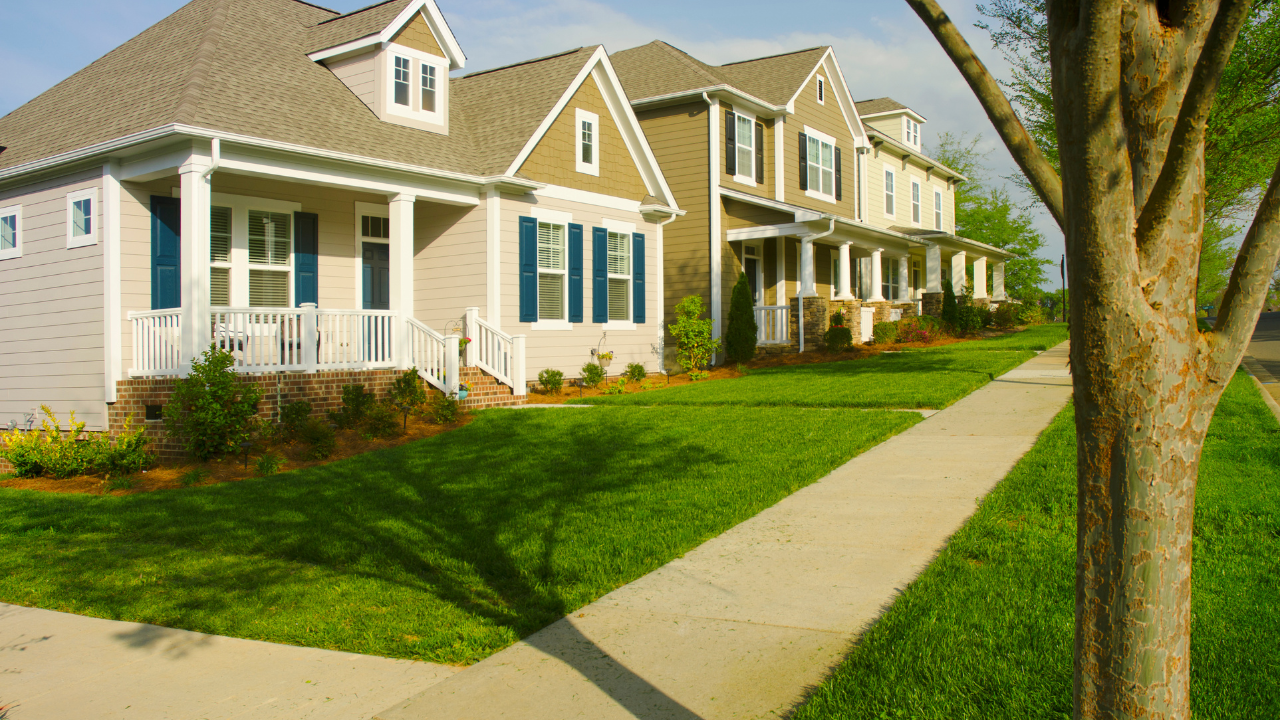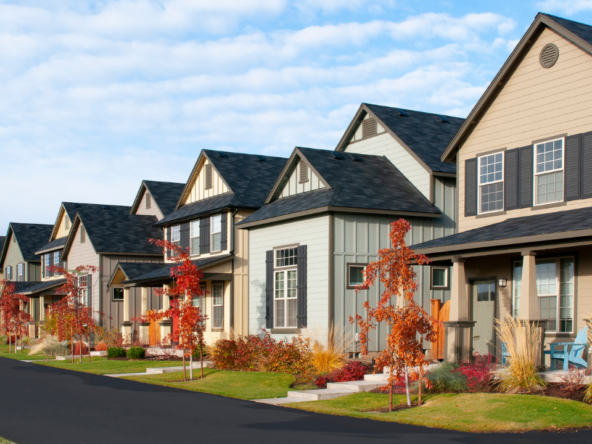Buying a home is more than just finding the perfect house—it’s also about choosing the right neighborhood. The location of your home can impact your lifestyle, convenience, and even property value over time. Here’s what to consider when evaluating a neighborhood before making a purchase.

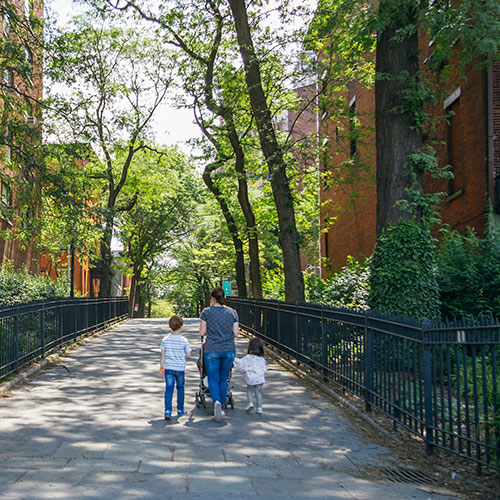
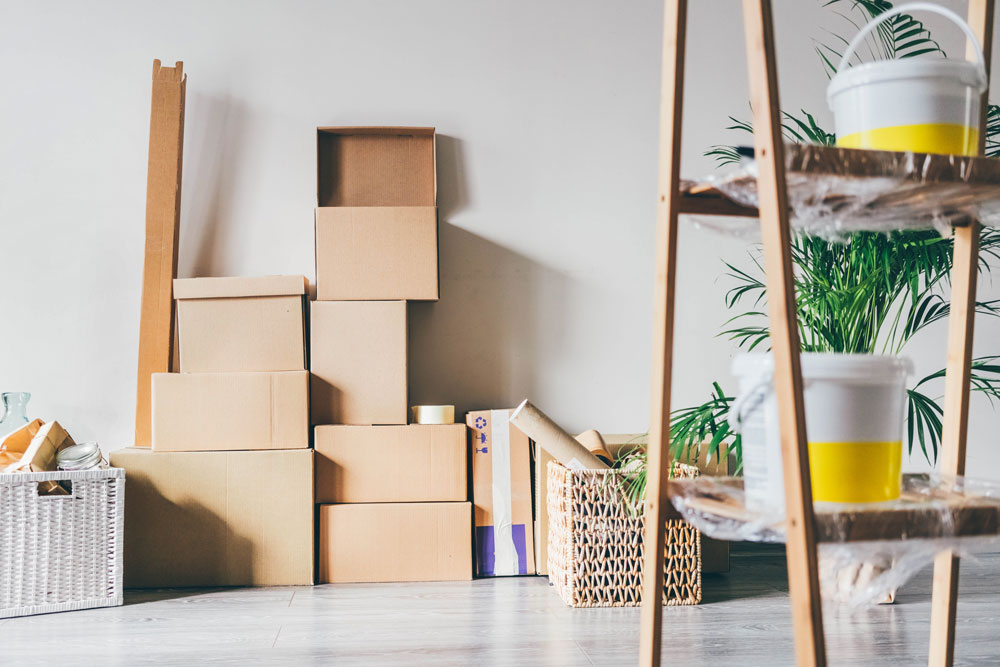
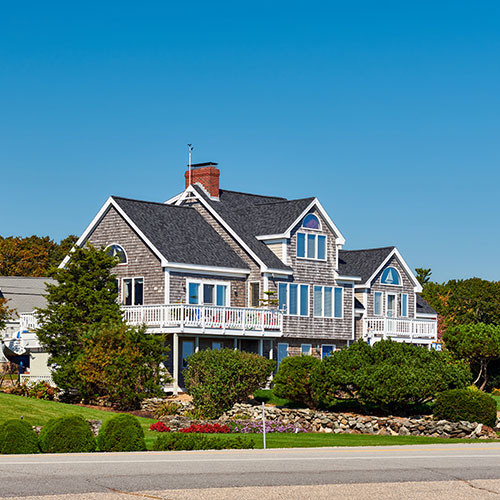


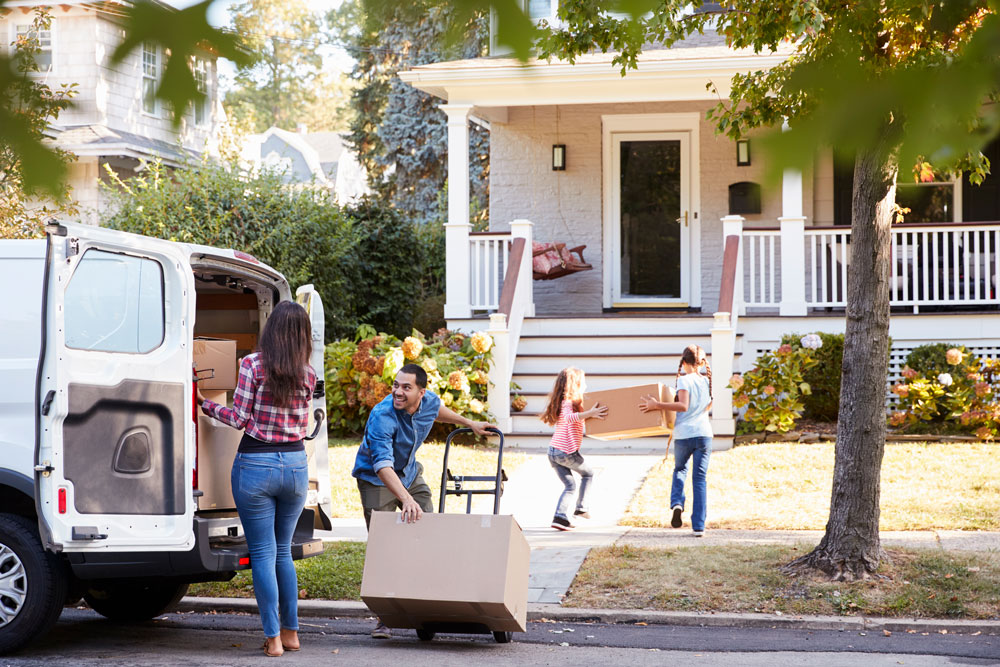

1. Safety and Crime Rates
Safety is a top priority for most homebuyers. Research crime statistics in the area through online resources, local law enforcement reports, and community forums. A safe neighborhood enhances your peace of mind and adds long-term value to your investment.
2. School District Quality
Even if you don’t have children, buying in a district with highly rated schools can positively affect property values. Look into school ratings, test scores, and parent reviews to gauge the quality of education in the area.
3. Property Values and Market Trends
Check historical property values and trends in the neighborhood. A stable or growing market suggests a good long-term investment, while declining property values may be a red flag.
4. Commute and Accessibility
Evaluate the neighborhood’s proximity to work, public transportation, and major highways. A convenient commute can improve your quality of life and save time and transportation costs.
5. Local Amenities and Entertainment
Consider the availability of grocery stores, restaurants, parks, shopping centers, and recreational activities nearby. A neighborhood with vibrant amenities enhances lifestyle convenience and desirability.
6. Noise Levels and Overall Atmosphere
Visit the neighborhood at different times of the day to assess noise levels, traffic patterns, and the general atmosphere. A quiet residential street may feel different in the morning than in the evening or on weekends.
7. Community and Neighbors
A strong sense of community can make a neighborhood feel like home. Talk to potential neighbors, visit local events, and explore social media groups to get a sense of the area’s vibe.
8. Future Development Plans
Look into upcoming infrastructure projects, zoning changes, and commercial developments. While new projects can increase property value, certain developments may impact traffic and noise levels.
9. Homeowners Association (HOA) Rules
If the home is in an HOA community, review the rules, fees, and restrictions. HOAs can enhance neighborhood upkeep but may also come with regulations that affect your lifestyle.
10. Environmental and Natural Risks
Check for flood zones, wildfire risks, and other environmental concerns that could impact insurance costs and property safety. Being aware of potential hazards helps you make a well-informed decision.
Final Thoughts
Finding the right neighborhood is just as important as finding the right home. By researching safety, market trends, local amenities, and community vibe, you can ensure a smart investment and a great place to live.
Need expert guidance on choosing the perfect neighborhood? Let’s find the right fit for you!
